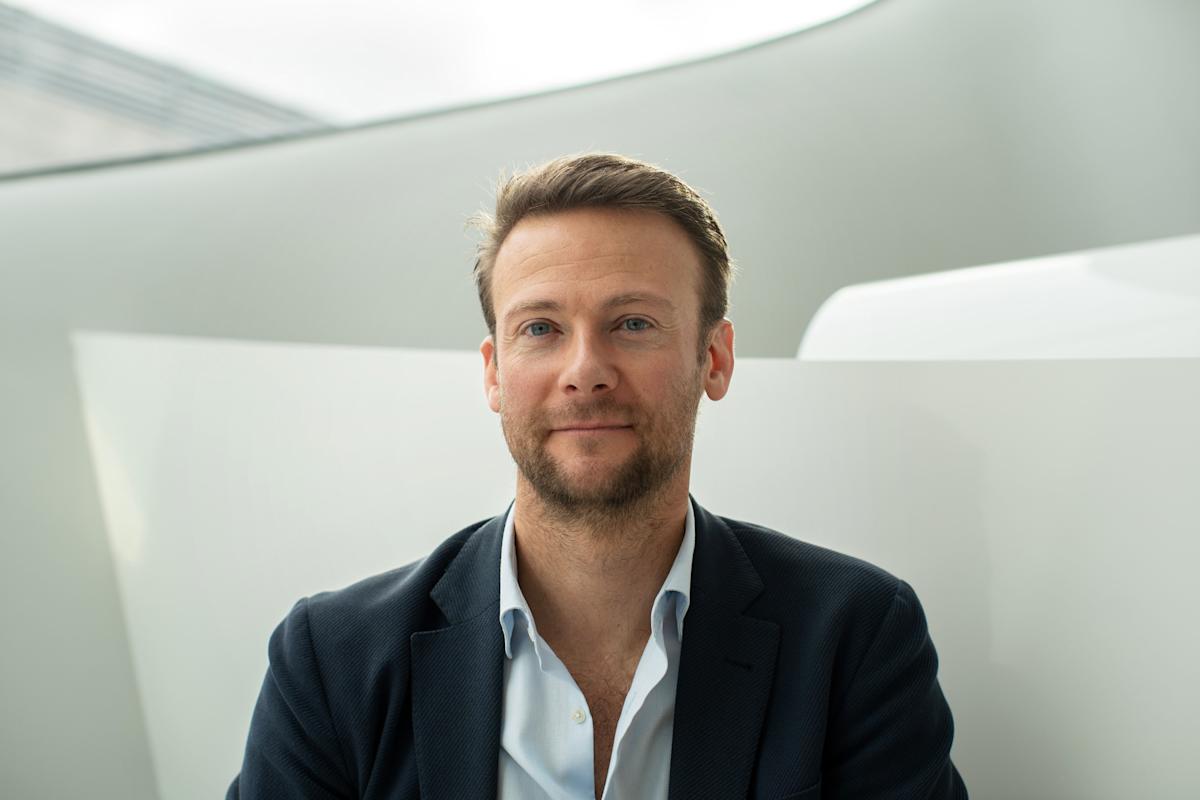In 1913, a tiny American state made a calculated bet that would reshape the global economy.
When New Jersey suddenly came down hard on business, neighbouring Delaware decided to rewrite its rulebook to scoop up companies fleeing the state. It created a simple registration system, stripped away corporate bureaucracy, and invited the nation’s companies to call it home. Hoping to attract steam engines and gunpowder manufacturers, Delaware’s leaders could scarcely have imagined that, a century later, the ‘Delaware Inc’ model would serve as the foundation for smartphones, search engines and electric cars. In other words, it would become the corporate vehicle that underpinned the world’s most valuable and transformative businesses.
Europe needs its own Delaware. While the continent has shown itself more than capable of producing extraordinary entrepreneurs and breakout global companies like Adyen, Spotify and Revolut, its founders must still overcome huge barriers to scaling compared with the U.S. The numbers tell a sobering story, as MIT’s principal research scientist Andrew McAfee has pointed out. Publicly traded companies started from scratch in Europe in the past 50 years are collectively valued at around $420 billion, while their U.S. counterparts approach $30 trillion – almost 70 times as much. All six U.S. companies with a market cap over $1 trillion have been set up in the past half century; not a single EU equivalent has.
This chasm exposes the fragmentation that’s holding back European innovation. A startup with a Delaware Inc. can raise capital and expand from coast to coast across the US without breaking its stride. Investors know the structure. Deals and hiring happen fast, and the company’s momentum compounds. Meanwhile, a founder scaling across Europe must incorporate separate entities in each country, untangle regulatory and employment codes in multiple languages and markets, and explain to engineers in Munich why their stock options are treated differently to their colleagues’ in Madrid.
The reality is that when it comes to startups, there is no European single market, only 27 different countries. The consequences are stark: stifled momentum, unrealized potential, and an artificial limit on startups’ chances of success. A year ago, Mario Draghi, former Italian Prime Minister and President of the European Central Bank, published a landmark report that sounded the alarm on EU competitiveness and called for an additional €800 billion per year in investment. Draghi noted that Europe captures just 5% of global venture capital funds, while the US commands 52%. This means VC investment in the EU is just 0.05% of GDP, nearly six times lower than in the US at 0.32%. More than 60% of European companies cite regulation as an obstacle to investment, and most see it as their biggest challenge overall.
Story Continues
